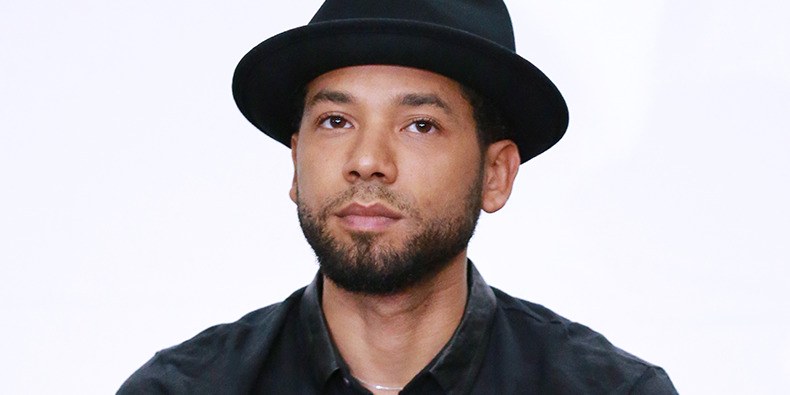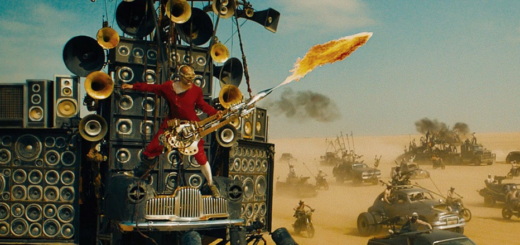How To Apologize for Believing Jussie Smollett

By MATT SHAPIRO
There are a lot of opinions flying around about the case of actor Jussie Smollett and the hate crime hoax he is credibly accused of creating. It’s a strange story, and you don’t need me to point to any of that nonsense over-analyzing it.
The thing I want to tackle is the attitude that people have had in responding to this event and the question of who the “real victim” is in all this.
The most popular idea about “real victims” seems to be this: Other victims of hate crimes will have a harder time being believed because of what Smollett has done. That is the group Nana Efua Mumford mourns in her editorial frighteningly headlined: I doubted Jussie Smollett. It breaks my heart that I might be right.
If Smollett’s story is found to be untrue, it will cause irreparable damage to the communities most affected. Smollett would be the first example skeptics cite when they say we should be dubious of victims who step forward to share their experiences of racist hate crimes or sexual violence… And that reason, more than any other, is why I need this story to be true.
But there
If a man who falsely accused someone of theft wins vindication, the “real victim” is not other victims of theft. The real victim is the man who was falsely accused.
And so it is here. We can talk about hate crimes and victims and believing and supporting, but that is a side discussion that we are using to avoid the fact that Smollett slandered a group of people and far too many aided him in that slander. They can hide behind the flimsy excuse that they were only reacting to the best information they had, but the fact is that they jumped on the story because it allowed them to implicitly accuse their political rivals of violence and it was politically helpful.
No other discussion can take place until we recognize that a group of people has been wronged, just as Smollett intended.
What is most dispiriting is that no one seems to be able to bring themselves to say this. I’ve seen no one say, “It was my prejudice against Trump supporters that led me to so easily condemn them and they did not deserve that. They were accused of this wrong, but they did nothing wrong here.”
The reason we don’t see this kind of apology is
That is why they retreat to lamenting how this case will affect the victims of other hate crimes. Because if they can re-direct the “real victim” status from Smollett to genuine victims, they can hold fast to the prejudice they need in order to maintain their moral clarity. “Trump supporters as a group may not have been responsible for this specific hate crime,” the moral reasoning goes, “but there are actual hate crimes for which they are responsible.”
But you can’t say that about Trump supporters or any other group of people. The people responsible for crimes are the individuals committing them. Faking a crime like this in order to encourage
The falsely accused deserve an apology, not misdirection. The victim of Smollett’s crime was not other hate crime victims, it wasn’t the people he lied to, it was exactly whom he intended to hurt with this lie: Trump supporters.
Until we can recognize the humanity of a Trump supporter well enough to say that we were wrong, that they did not deserve to be slandered, lied about, and condemned, then we have nothing of moral value to say.



